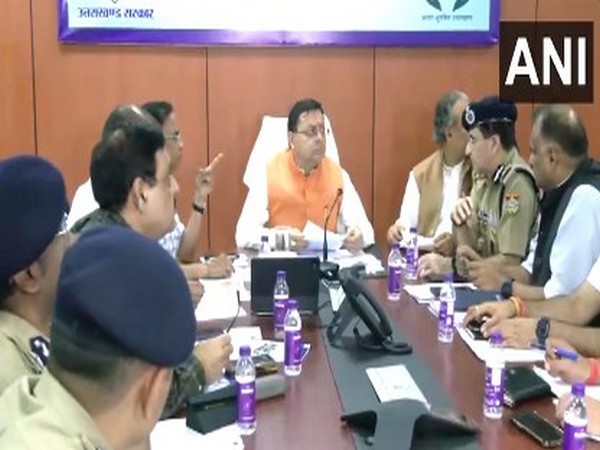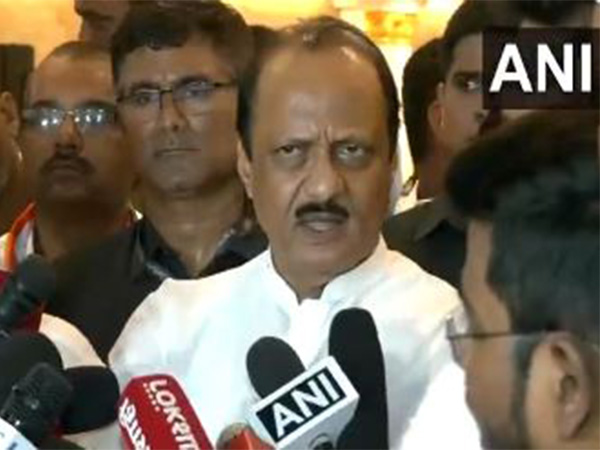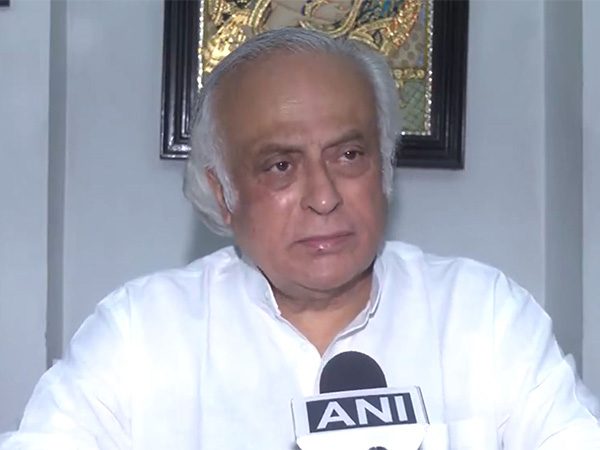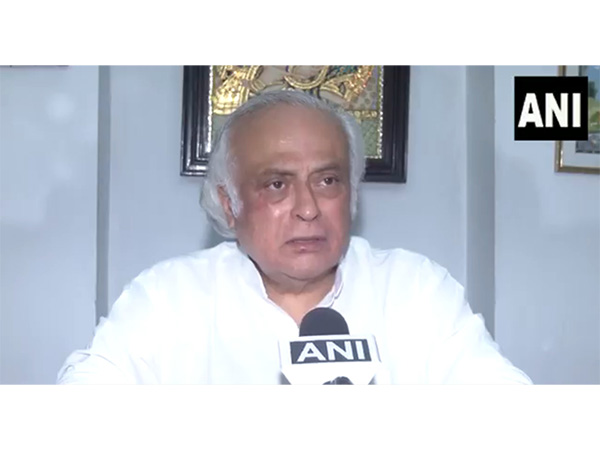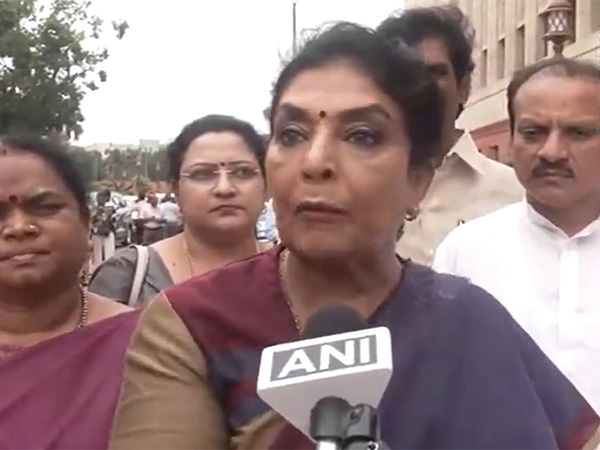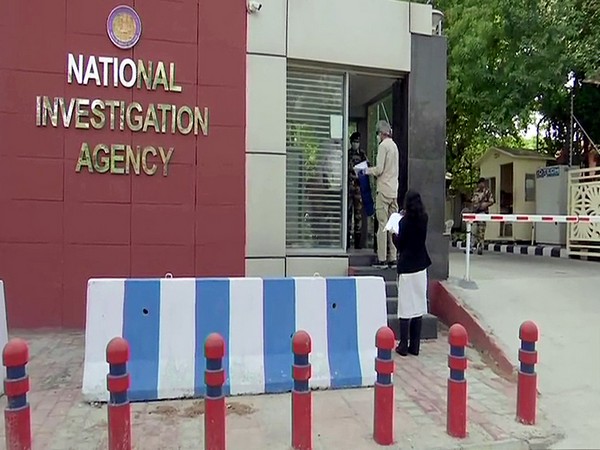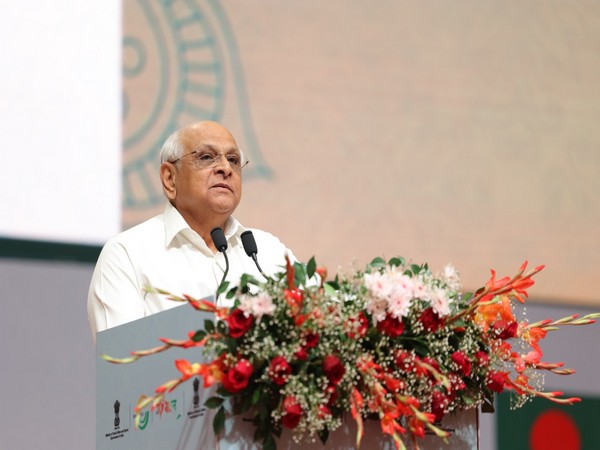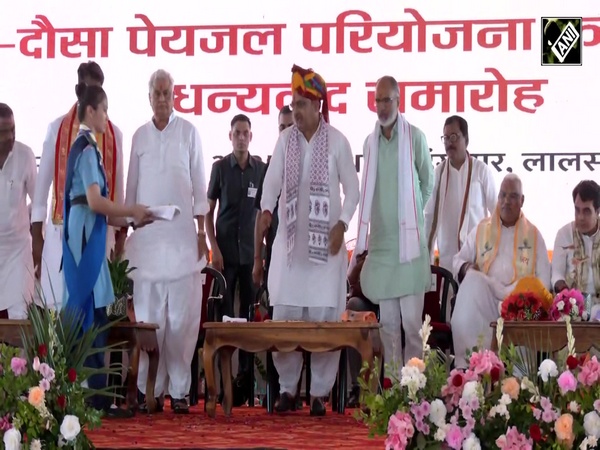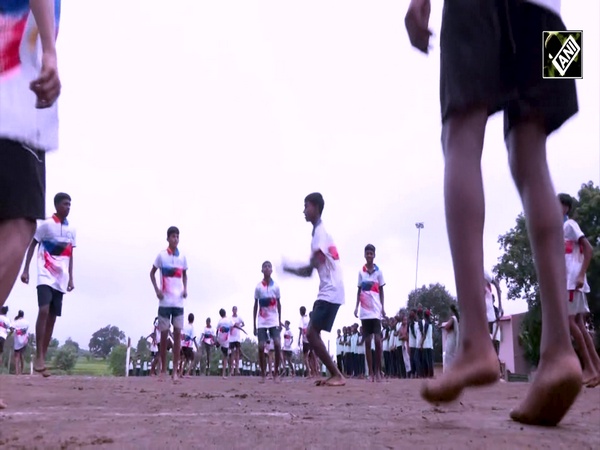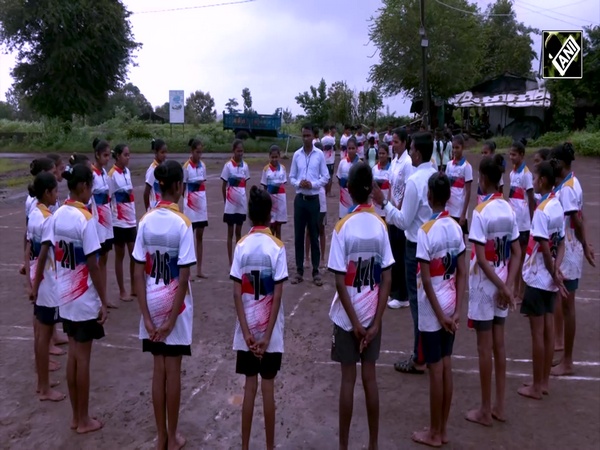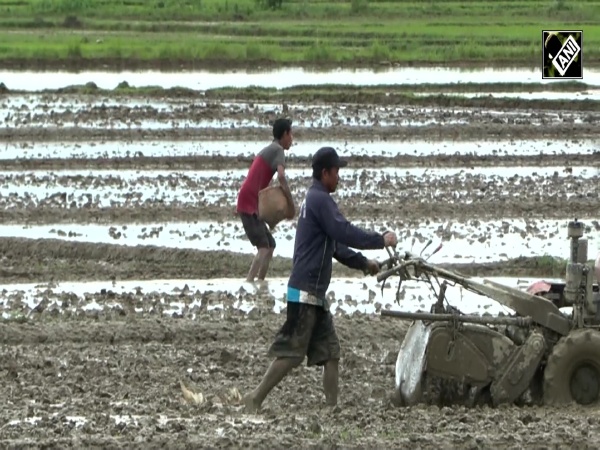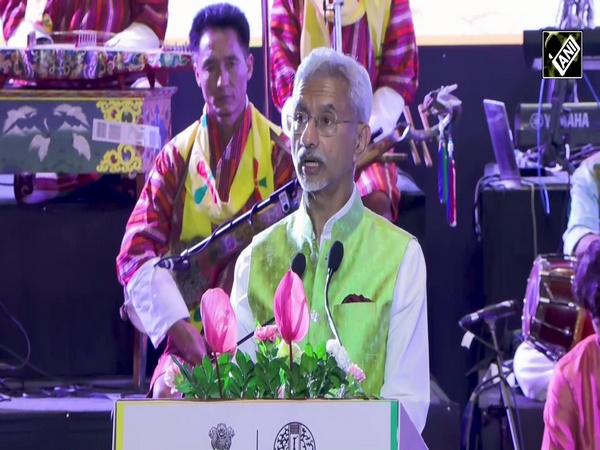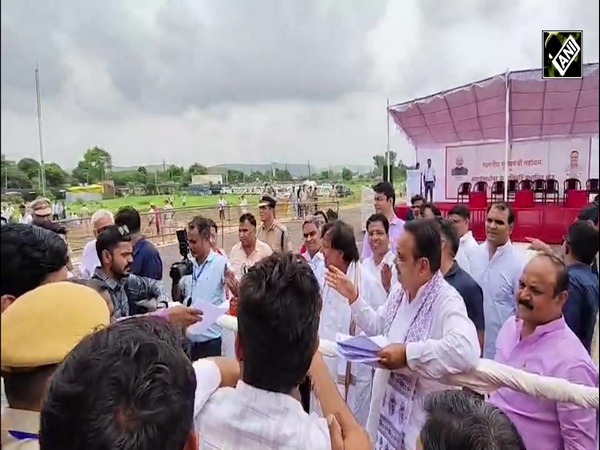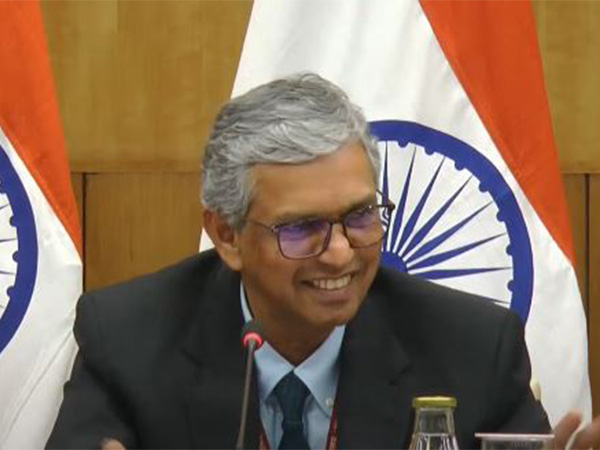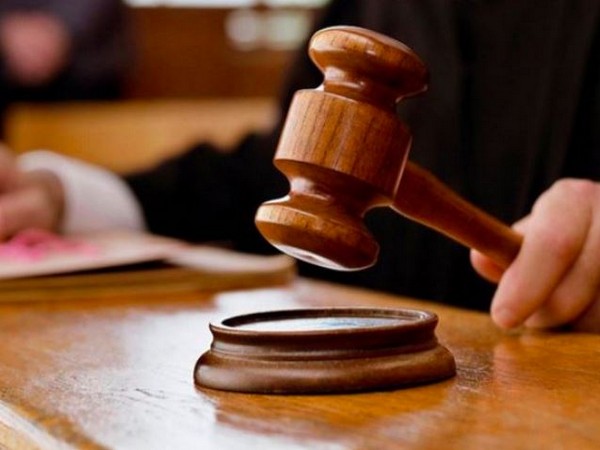
Himachal HC strikes down encroachment regularisation law, declares section 163-A unconstitutional
Aug 05, 2025
Shimla (Himachal Pradesh) [India], August 5 : In a landmark judgment, the Himachal Pradesh High Court has struck down Section 163-A of the Himachal Pradesh Land Revenue Act, terming it unconstitutional and violative of Article 14 of the Indian Constitution.
The provision, introduced in 2002 to regularise encroachments on government and forest lands, was declared arbitrary and ultra vires to the Constitution.
The decision was delivered in a Civil Writ Petition, which had been pending for over two decades and was reserved for judgment since May 2025. The division bench, comprising Justice Vivek Singh Thakur and Justice Bipin Chander Negi, strongly criticised the legislative move to regularise illegal land occupations.
In their words, "Article 14 is not meant to perpetuate illegality or fraud. Equality cannot be claimed in illegality." The court further observed that enacting laws to legitimise encroachments effectively equates law-breakers with law-abiders, thereby undermining the principles of equity and the rule of law.
The court has now directed the Himachal Pradesh government to ensure the complete removal of all encroachments from government and forest lands across the state by February 28, 2026. It has been ordered that the land cleared from encroachment must be fenced using barbed wire, and the cost of fencing should be recovered from the encroachers.
The vacated land is to be reforested using native species. Additionally, the court mandated that profits earned from illegal land use, particularly from apple orchards, must be recovered from encroachers. Wherever feasible, the fruit produced on such land is to be auctioned by the government.
The court also held government officials accountable for negligence in dealing with encroachments. It has ordered the suspension and disciplinary action against revenue and forest officials who fail to report or act against encroachments. Monthly reports must be filed by field-level staff such as patwaris, forest guards, and work inspectors. If they fail to do so, departmental proceedings will be initiated against them.
The court invoked the Public Trust Doctrine, stating that public land is held in trust by the state for the benefit of its people, and therefore, any attempt to convert it into private property through legislative action or policy is against the law and public interest.
The court came down heavily on earlier policies (especially between 1983 and 1994) that attempted to regularise encroachments and condemned them as measures that encouraged illegal occupation of public land. It also directed that the original Section 163 of the Act, which governs eviction of illegal occupants, must be strictly implemented.
Speaking to media and ANI after the judgment, Himachal Pradesh Advocate General Anup Kumar Rattan explained that the amendment brought in 2002 was intended to help small and marginal farmers who had limited land holdings. He stated that the government had hoped to provide additional land to such farmers, check the growing number of encroachments, and generate revenue for the state.
However, he acknowledged that the High Court has now declared this amendment unconstitutional. Rattan added that a total of 1,67,339 applications had been received by the government seeking the regularisation of encroached land. He confirmed that the judgment is being studied and a copy of the order has been sent to the Chief Secretary. Further action will be discussed at the government level after internal deliberations.
The High Court's sweeping eviction order had already set off a state-wide operation to remove illegal orchards and other encroachments. The Forest Department began felling apple trees planted on forest lands, stating that these were non-forest species and needed to be removed to prevent re-encroachment and enable forest restoration.
However, the operation was halted last week after the Supreme Court intervened on a petition filed by environmentalist and former Shimla Deputy Mayor Tikender Singh Panwar. The Supreme Court stayed the felling of fruit-bearing trees, though it allowed the eviction of illegal occupants to proceed. The top court observed that "eviction does not necessitate ecological destruction" and said that fruit-bearing trees planted on forest land should not be indiscriminately cut down.
This intervention from the Supreme Court has brought ecological sensitivity to the forefront of the eviction process while still upholding the legality of removing encroachments.
The Himachal government had earlier informed the High Court that more than 57,500 encroachment cases were pending, involving over 10,000 hectares of public land. Many of these encroachments were agricultural, particularly in upper hill regions and tribal areas, where apple cultivation serves as the main livelihood.
The High Court's latest ruling also builds upon earlier precedents, including its 1997 decision in Raj Kumar Singla vs. State of HP, where a similar encroachment regularisation policy was struck down. The court cited various constitutional provisions, including Article 48A (state's duty to protect the environment), Article 51A(g) (citizens' duty to protect forests and wildlife), and the Public Trust Doctrine, which is now a well-established principle in Indian environmental jurisprudence.
The court also referred to key Supreme Court judgments, such as Jagpal Singh vs. State of Punjab (2011), which dealt with illegal occupation of village common land, State of Haryana vs. Mukesh Kumar (2011), and Ravinder Kaur Grewal vs. Manjit Kaur (2019), which criticised the misuse of the adverse possession doctrine with regard to public land.
Earlier, in its orders dated July 2 and July 14, 2025, the Himachal Pradesh High Court had specifically directed the Forest Department to remove all apple orchards from forest lands, citing environmental violations and legal concerns. The court noted that in several cases, re-encroachment had occurred, with evicted individuals returning to harvest apples and erect hail nets on public land.
The state government argued that it lacked the capacity to manage these orchards and that forest land must be restored. However, the Supreme Court's stay has temporarily halted this operation and brought relief to orchard owners.
With the High Court calling for strict eviction and the Supreme Court urging ecological caution, the Himachal Pradesh government is now under pressure to balance enforcement with environmental and social responsibility.
The apex court is expected to take up the matter again in the coming weeks. Meanwhile, the High Court's judgment marks a defining moment in the ongoing battle against land encroachments in the hill state and is likely to influence similar issues in other parts of the country.
